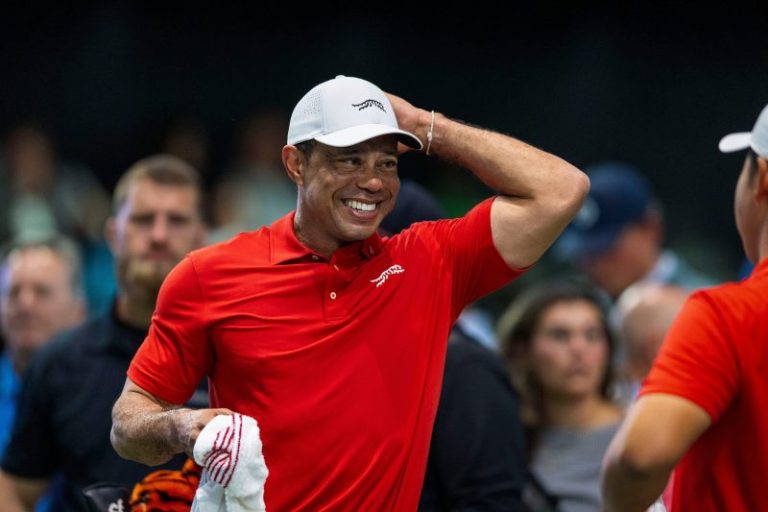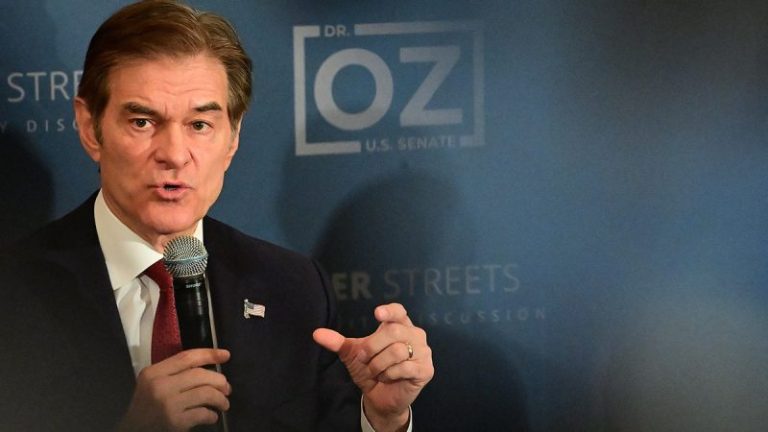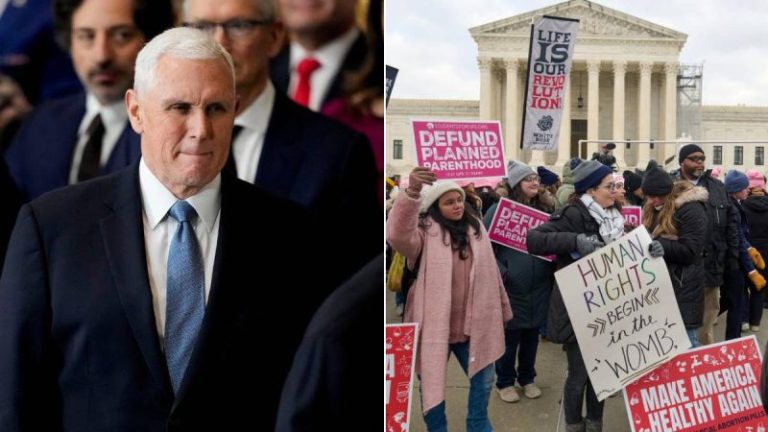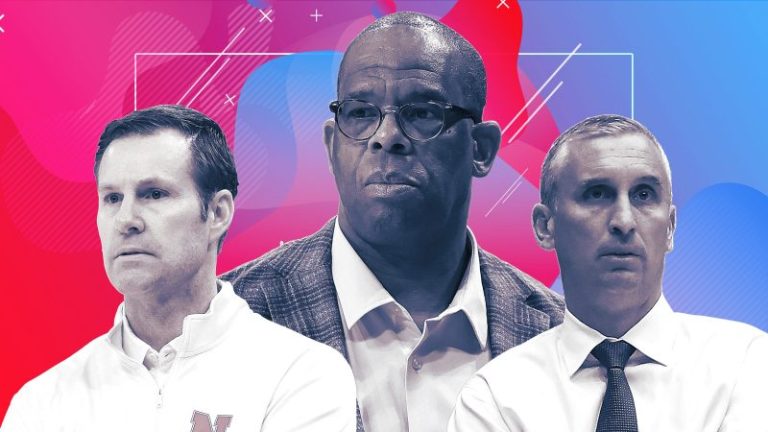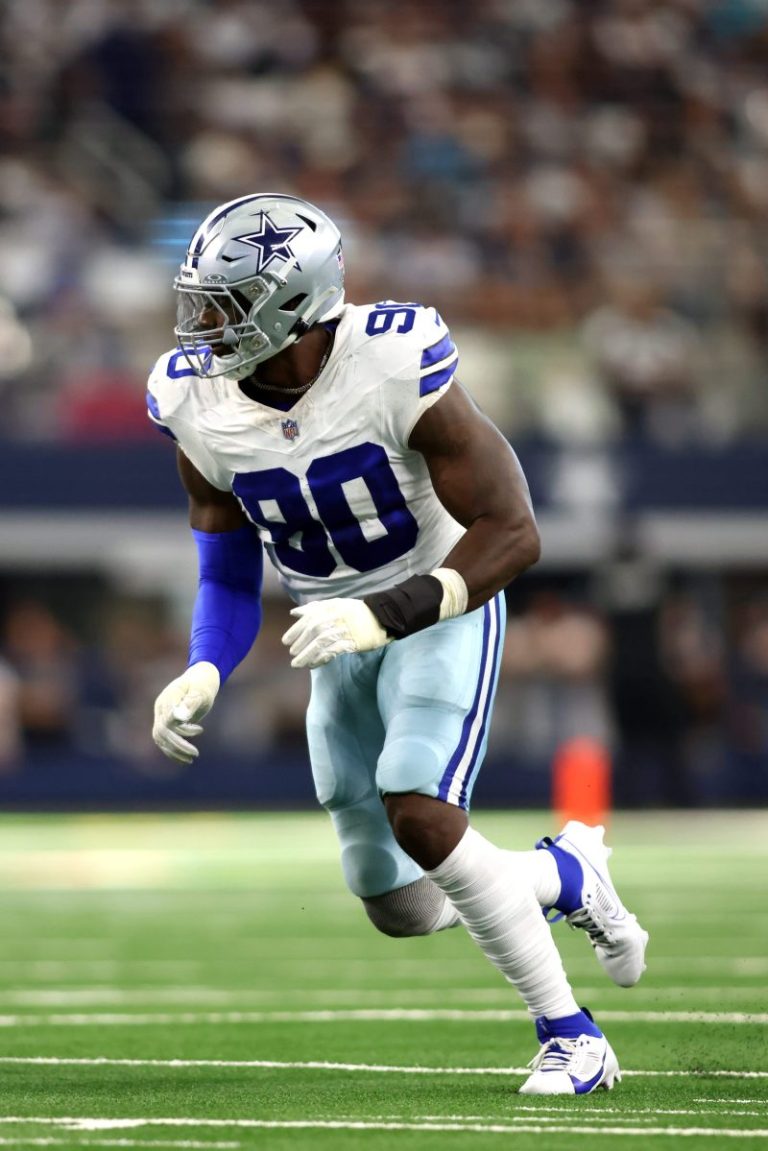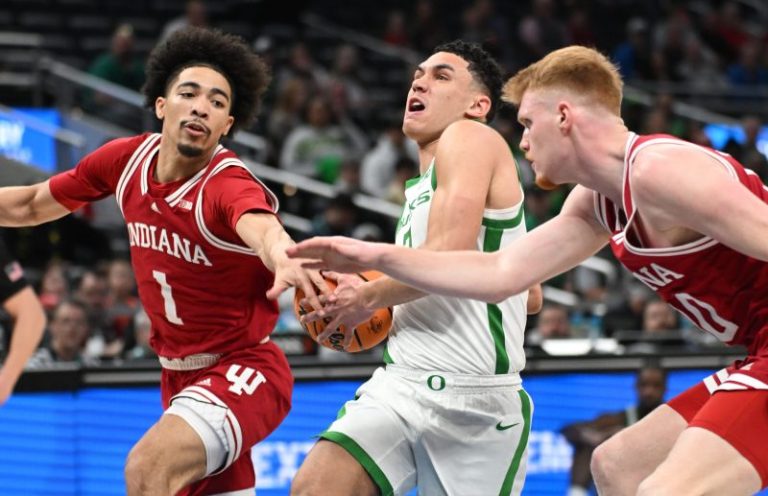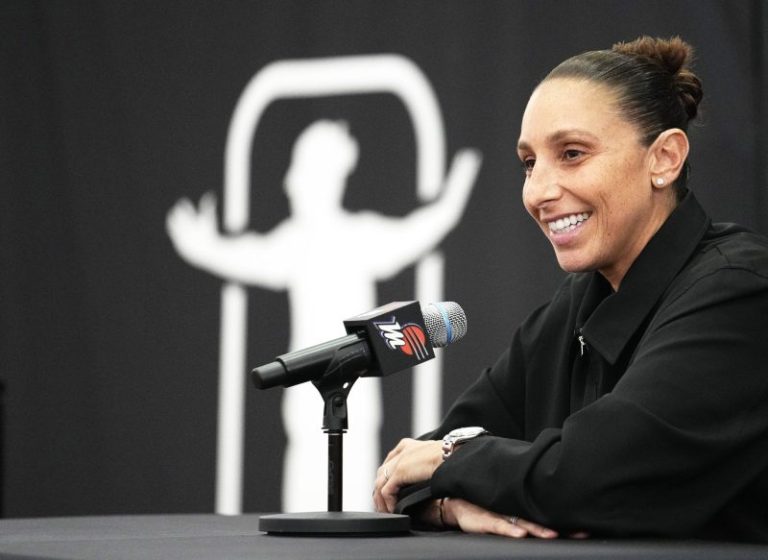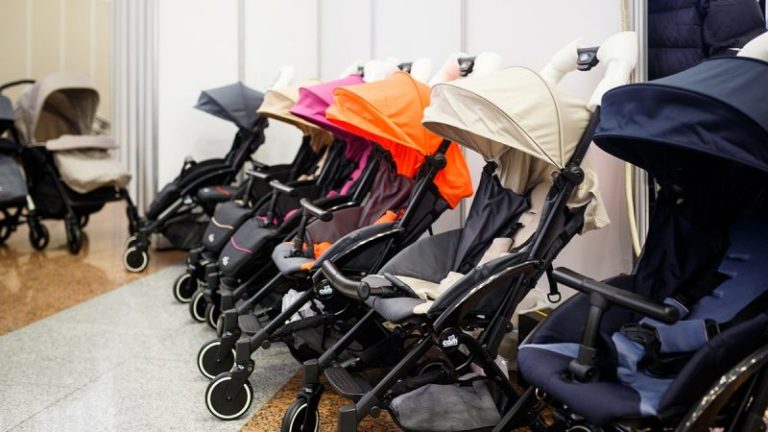Colorado football coach Deion Sanders introduced a special guest Thursday to provide advice and inspiration to his team in Boulder. But this was no ordinary minister.
This was Denzel Washington, who appeared live via video and addressed Colorado players for more than 30 minutes. The famed actor recently earned his license as a minister in New York. On Thursday, he preached to the Buffaloes about his own life, including how he used drugs as a youth in New York and even went home to drink when he didn’t win an Academy Award as an actor.
Washington, 70, also talked about how he had “flunked out of college” and was sitting in his mother’s beauty parlor on March 27, 1975, when a woman there told him he would “travel the world and preach to millions of people.”
“And now 50 years later, I get the opportunity with the University of Colorado football team to really … practice it with ya’ll,” Washington told the team, as documented by Thee Pregame Network, which chronicles Sanders and the CU football program. “I’m not preaching to you or at you. I’m sharing my experience with you.”
What else did Denzel Washington say?
He said his favorite movie is his “next movie” because it represents an opportunity to get better. But he said one movie seems to have especially resonated with people.
“More people talk about ‘The Equalizer’ now than any other movies I did put together,” Washington said. “I don’t know what it is. They just like seeing me killing people.”
That triggered laughter from the team, but Washington also talked about knowing killers in real life.
He said he “shot dope” when he was 13 years old and sold drugs, too, including cocaine. One time he said he almost got caught with a needle in his arm in the bathroom at his private school, but “God’s grace” sent him on a different path.
“I ain’t no killer, but I grew up with killers,” Washington said. “I’ve seen people killed. I was with a couple of them the night they got killed. That’s life.”
One of his themes was to show these college players that he once was where they were – trying to find his way. At one point, he even asked the team which players had C-average grades or worse.
When he saw one player stand up, Washington asked, “OK, are you the kicker?”
“No, sir,” the player replied.
“I had C grades or less, because I didn’t have direction,” Washington said. “I’ll say this to you also. You do not have to know, when you’re 17, 18, 19 years old, what you’re going to do the rest of your life. It’s OK.”
He shared that he didn’t know early during his college years at Fordham, either. He even tried biology and journalism before settling on drama.
Why was Denzel Washington talking to Colorado players?
He knows Sanders, who called him “the greatest actor ever.” Sanders’ team just opened spring practice on Tuesday and practiced for the second time on Thursday.
A buzz swept through the meeting room when Sanders put him on the big video screen.
Among other experiences he shared, Washington told the team about how he was nominated for an Academy Award as an actor nine times but let himself get down sometimes when he didn’t win.
“I had faith up until they called the other person’s name,” he told the team. “Then I went home and drank, and I hit the bottom. And I was bitter. We’re human. You all have potential. You all have purpose. Football is a platform for your real purpose. You all have potential. The cemeteries are filled with people who never lived up to their potential. You must get everything you can out of your body, your mind and your spirit.”
Sanders later told Thee Pregame Show that he heard from executives at Tubi, the streaming site, that they’re trying to remake the movie “Remember the Titans,” this time starring Washington and himself. It’s not clear if he was joking. Washington starred in that sports drama released in 2000.
Denzel Washington also took questions
One player asked him who his heroes were growing up. Washington said his sports heroes were running backs Gale Sayers and Jim Brown.
Assistant coach Andre Hart asked him how he keeps his focus on his next movie or project after getting so much praise for his previous work.
“When you pray for rain, you got to deal with the mud, too, but eventually good things grow out of that mud,” Washington said.
He said “power and privilege and fame and wealth” are not what they’re “made up to be.”
“Do not rely on this world for your happiness,” Washington said.
Denzel Washington talks about social media
Washington noted the current generation of players is growing up in the “look at me” culture of social media. He noted he is not on Instagram, Facebook or TikTok.
“I don’t have any of that, but one thing we have in common, you and I, is potential,’ he said. “One thing we have in common is purpose. One thing we … all have in common is a platform. And one thing we all have in common is God-given ability. Use it. Share it. Appreciate it. Understand it. You don’t have to know now, but understand you are put on this planet for a purpose, each and every one of you.”
‘Where’s the QB?’
Early in the meeting, Washington asked, “Who’s the star of the team?”
“I’ve never seen you guys play actually,” he said. “I’ve seen the, you know, the highlights, SportsCenter. Where’s the QB? Raise your hand. I can’t see you.”
Washington apparently didn’t know that Sanders’ son, Shedeur, isn’t on the team anymore. Shedeur Sanders has moved on to get ready for the NFL draft next month.
So when another quarterback stood up in response, Washington said, “That’s your son?”
The players laughed.
“He graduated,” Deion Sanders said of his son.
“Like I’m saying, I don’t know,” Washington said.
It wasn’t a big deal, just another reminder that fame is fleeting. Not everybody is following everybody else’s lives, even if they’re famous.
Denzel Washington’s prediction for Colorado players
Washington also reminded them that critics will try to bring you down when you succeed.
“This world is not gonna love you,” he said. “They’re not gonna cheer for you. They hate your coach, He’s one of the greatest, but they hate him. Some do. There’s always gonna be haters. That doesn’t matter in your community, in your house, in your dorm, on the field. But you all have potential to be great men.”
Colorado concludes spring practice with its annual spring game April 19. After finishing with a 9-4 record last season, the Buffaloes open the season Aug. 29 at home against Georgia Tech.
Washington ended his talk with a prediction of sorts.
“If y’all don’t send me a ticket to the national championship when you get there, then don’t… ever go to none of my movies ever again,” Washington said. “Because I know you’re gonna be there. Remember that. Denzel Washington said it. You are going to the national championship. Now some of you might not go with this team, but you are going to the national championship in life anyway.”
Follow reporter Brent Schrotenboer @Schrotenboer. Email: bschrotenb@usatoday.com
(This story has been updated to add new information.)
This post appeared first on USA TODAY

